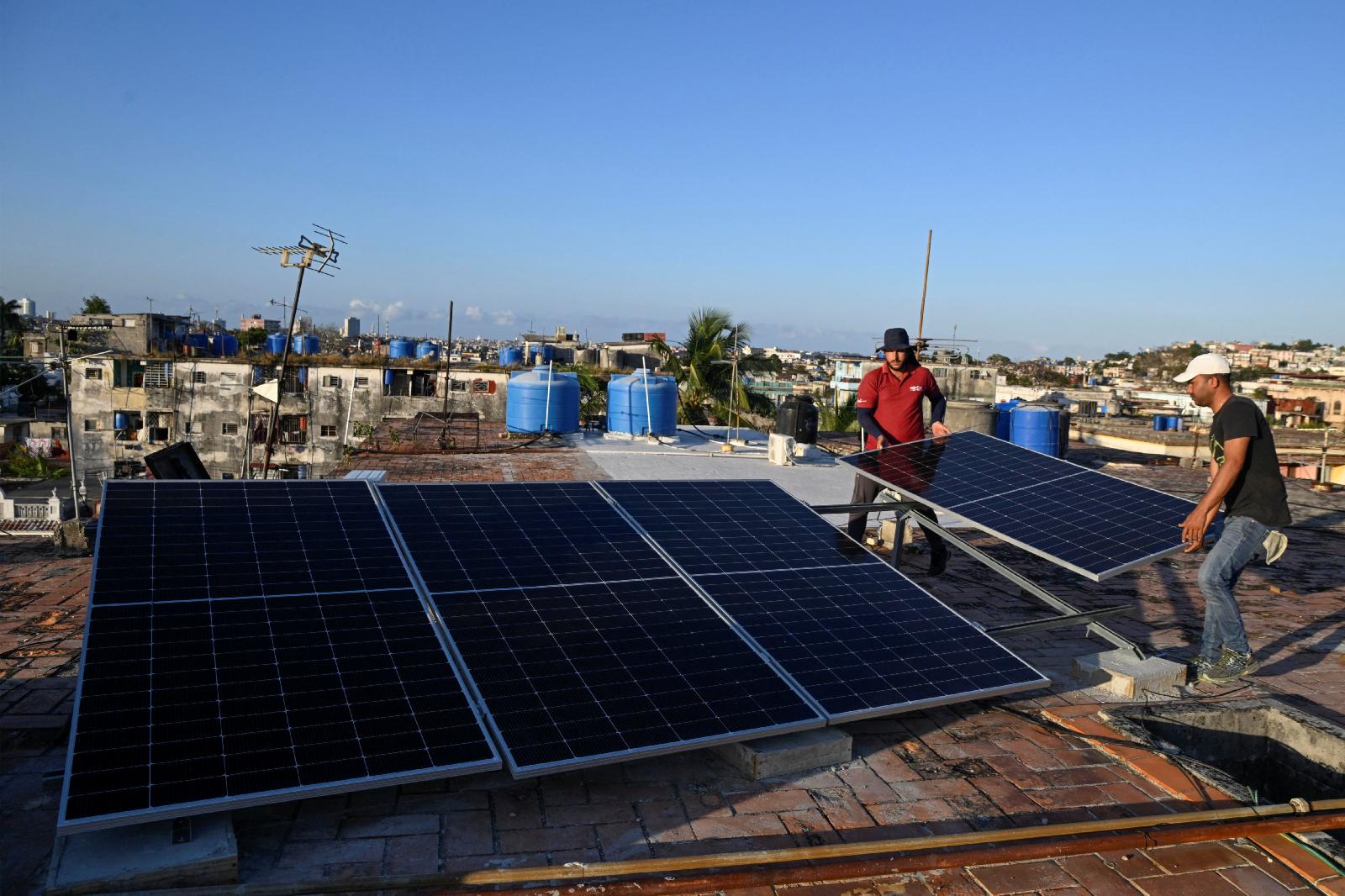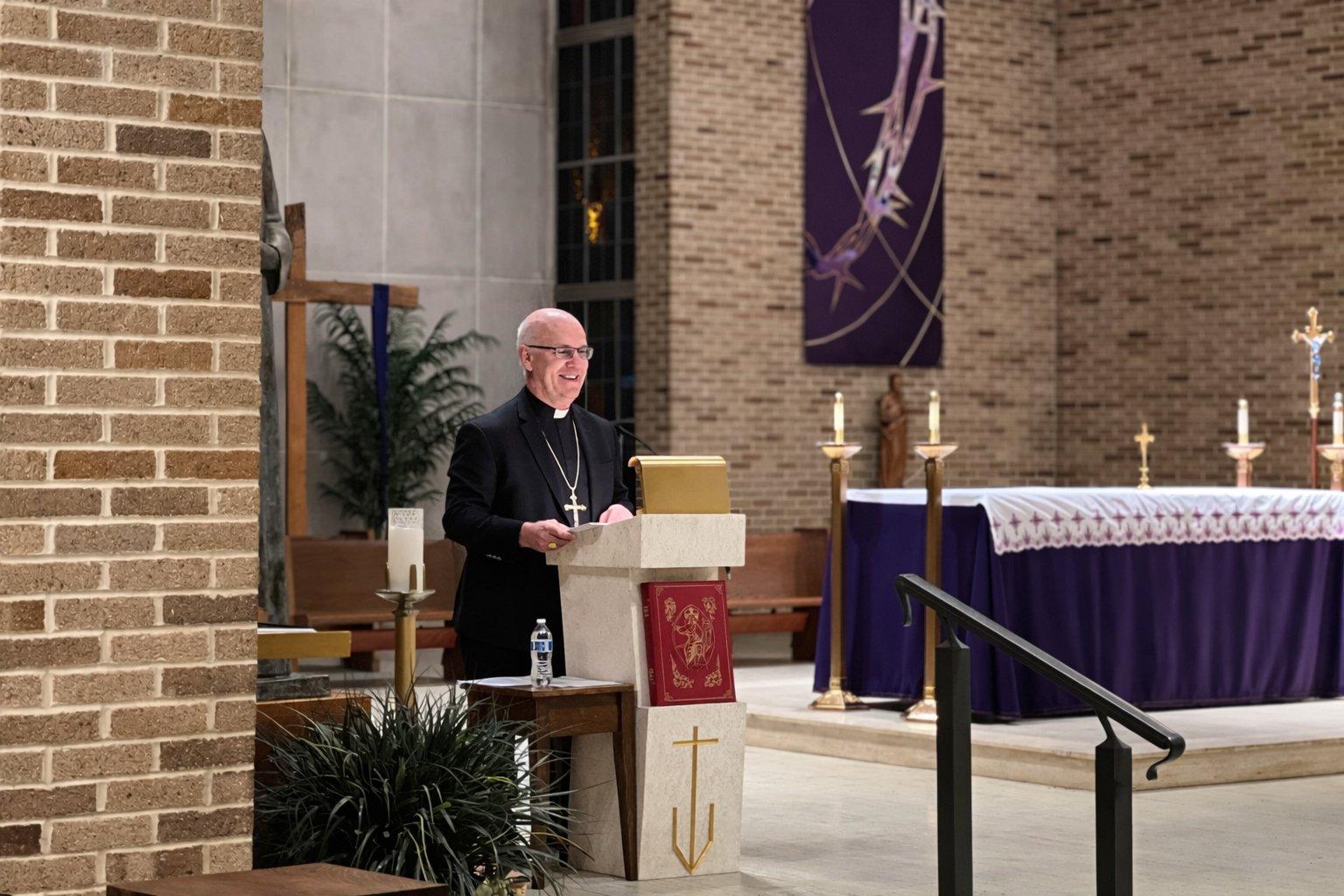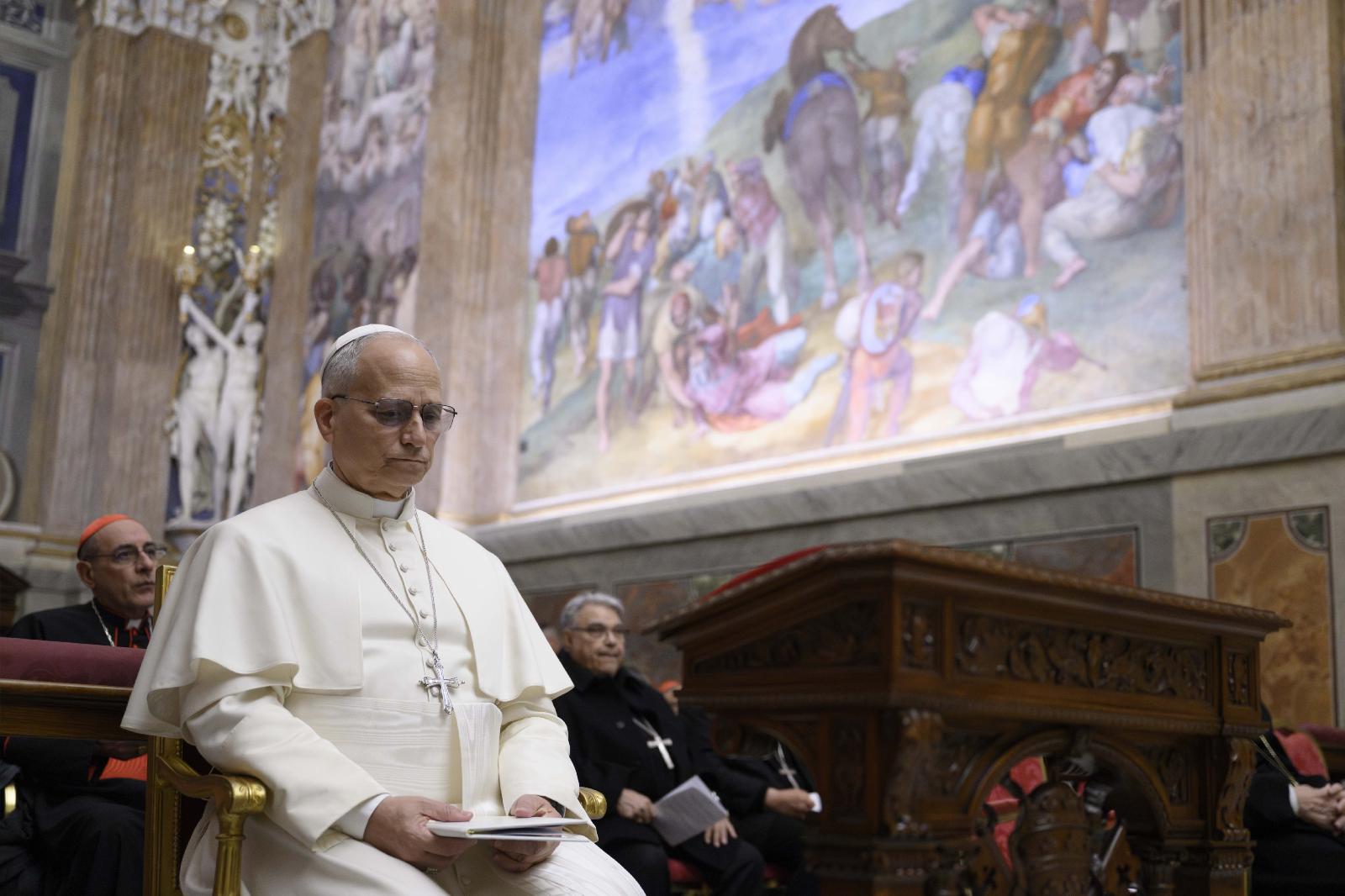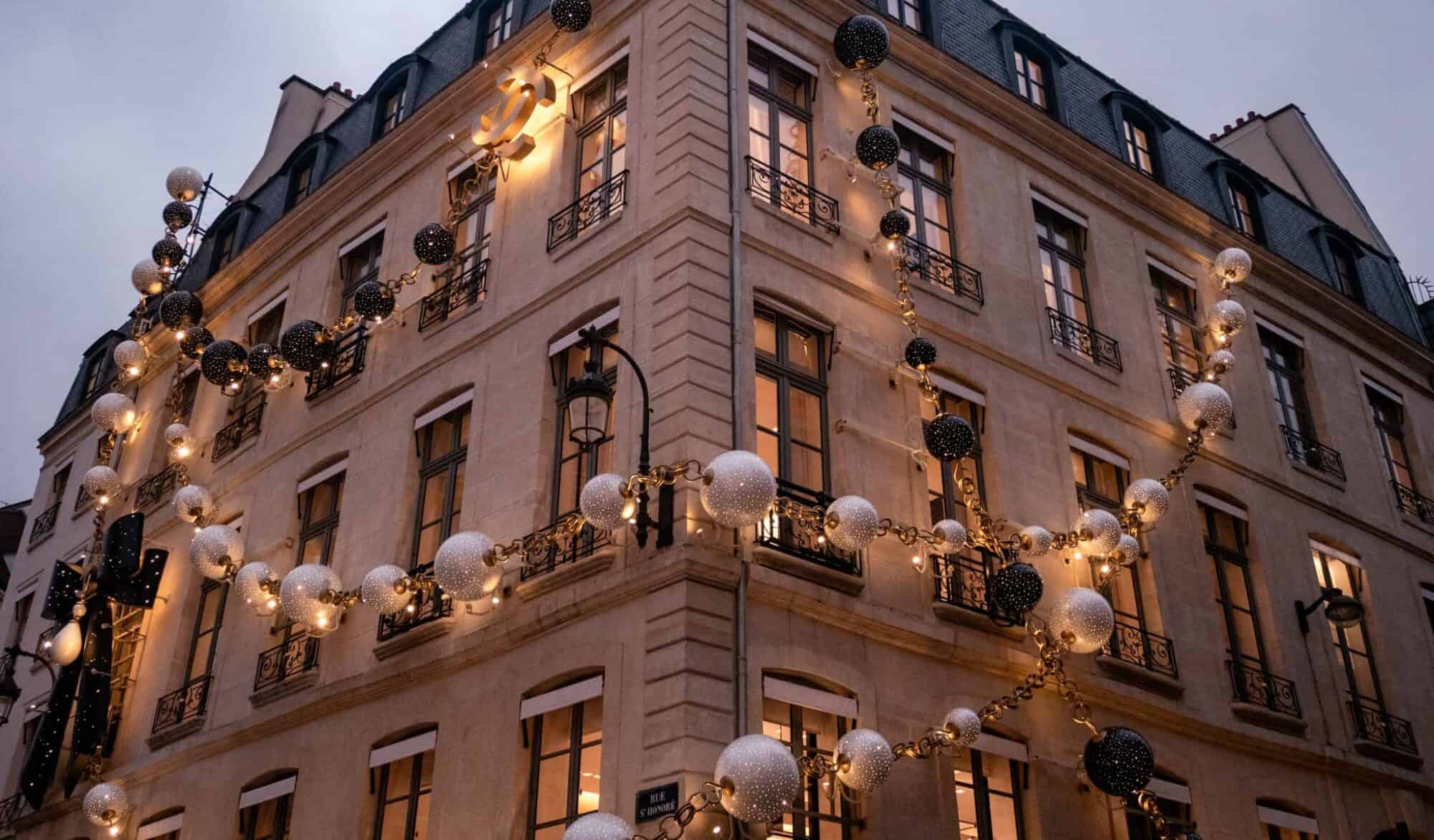EU allies demand answers from Ukraine over escalating corruption scandal
BRUSSELS — The EU is seeking reassurances from Ukraine over future financial support to the country after a far-reaching corruption probe revealed a $100 million kickback scheme tied to its energy sector.
Ukrainian anti-corruption agencies revealed this week that some of Volodymyr Zelenskyy’s close associates were allegedly involved in the plot, prompting the Ukrainian president to issue sanctions against his former business partner and dismiss several senior ministers.
That’s divided Kyiv’s European partners. For many, the revelations are a positive sign of the continued independence of Ukraine’s anti-graft watchdogs. Some, however, want concrete commitments from the country that show it is serious about preventing similar incidents in the future.
“The endemic corruption” revealed in the probe is “revolting,” said one EU official, who, like others for this story, was granted anonymity to speak freely on the sensitive matter, and “won’t help” the country’s reputation with international partners.
“It will mean [the European] Commission will surely have to reassess how it spends” funds on Kyiv’s energy sector, the official argued, adding that in the future, “Ukraine will have to give more attention and transparency in how it spends cash.”
“We expect Ukraine to press ahead with anti-corruption measures and reforms in its own country,” German Chancellor Friedrich Merz said Thursday, after calling Zelenskyy.
The president “needs to comfort everyone,” added an EU government official, “most likely with a plan on how to fix corruption.”
The scandal comes at a delicate time for Ukraine. The country is facing a €41 billion budget crunch next year, while EU countries are currently deadlocked over unblocking a €140 billion reparations loan for Kyiv from frozen Russian assets.
Ukraine’s foreign and energy ministries didn’t respond to POLITICO’s request for comment. But on Wednesday, Zelenskyy said “there must be maximum integrity in the energy sector in absolutely all processes,” adding: “I support … every investigation carried out by law enforcement and anti-corruption officials.”
High wire act
So far, the scandal — the worst to hit Zelenskyy since he took office in 2019 — is not prompting allies to threaten to cut aid to Ukraine.
On Thursday, the EU confirmed it would earmark €6 billion in new aid for Ukraine. Earlier this week, Estonia officially approved an additional €150,000 for Kyiv’s energy sector, while Germany is reportedly considering a €3 billion top-up for the country next year.
As they met at the G7 on Wednesday and flocked to Warsaw for the EU-Ukraine Investment Conference on Thursday, allies sought to put on a united front.

“It is painful to see how corruption affects the energy sector, especially as winter approaches and Russia continues its brutal attacks on energy infrastructure,” said Lithuanian Energy Minister Žygimantas Vaičiūnas. But we “stand firmly with the people of Ukraine — our support will not stop,” he told POLITICO.
Ending aid for Kyiv’s battered energy sector would have a “terrible” impact ahead of this winter, said Aura Sabadus, a senior energy analyst specializing in eastern Europe at the ICIS energy consultancy.
In recent months, Moscow has ramped up its bombing campaign on Ukraine’s critical energy infrastructure, pummelling its gas production facilities and coal power plants. As a result, the country has secured €500 million in aid from the European Bank for Reconstruction and Development to buy up emergency gas imports.
Behind closed doors, Ukraine’s EU backers are also wary that being too vocal could feed into its opponents’ narratives aimed at discrediting Kyiv and scuppering its efforts to join the bloc.
“A wartime mafia network with countless ties to President Zelenskyy has been exposed,” Hungarian Prime Minister Viktor Orbán, a consistent critic of Ukraine, claimed on social media on Thursday. “This is the chaos into which the Brusselian elite want to pour European taxpayers’ money.”
“By [highlighting] corruption scandals, they only give ammo to those like Hungary who are saying it is a corrupt nation,” said one EU diplomat. “Those who are opposed to Ukraine … will milk this for all it’s worth,” added a second diplomat.
A former senior Ukrainian official said he expected Brussels to double down on making some funding conditional on reforms. “But the overall taboo on criticizing Ukraine in public will hold,” he said.
Cleaning up
Ukraine’s defenders say the probe is limited to one company, arguing international backers shouldn’t punish the energy sector as a result. But some allies still want to see more reforms.
Up until now, the investigation has largely focused on Energoatom, Ukraine’s state nuclear energy company, accusing seven officials of manipulating contracts to extract kickbacks worth 10-15 percent of contract values.
“There will be a cleansing and reset of Energoatom’s management,” Zelenskyy said Wednesday.
In total, the Commission has granted “more than €3 billion” in energy-related aid to Kyiv since 2022, a spokesperson for the EU executive said.
Around one tenth of that has been channeled through the Energy Community, an international organization that supplies Ukraine with in-kind energy equipment like transformers based on requests from Kyiv. In total, it has mobilized €1.5 billion in donations from Ukraine’s western partners.
Energy Community Director Artur Lorkowski called the scandal “frustrating.” But at the Vienna-based organization, the corruption “risk is mitigated,” he said, since it retains “full control” over the coordination, purchase and post-arrival monitoring of the equipment — with procurement handled by an independent agency in the U.K.
The EBRD, meanwhile, has allocated €3.1 billion in aid to Ukraine’s energy sector, a bank spokesperson said, around a third of its total support since 2022. Its “very robust procurement requirements,” including open tenders and direct payments to contractors, they said, gives the bank a “very high degree of comfort” for future donations.
Still, others argue there is still a long way to go in eliminating corruption in the sector.
Going forward, Ukraine should make its energy sector more transparent and give reassurances to its European partners that their money will be well spent, two EU diplomats and two European government officials said.
“This is also a chance to cleanse and rebuild stronger,” said Vaičiūnas, the minister.
Andrii Zhupanyn, an MP from Zelenskyy’s ruling Servant of the People party who sits on the parliament’s energy committee, agreed. Kyiv should start by improving the corporate governance of state-owned energy firms and strengthening their supervisory boards, he said, adding: “More transparency is necessary for sure.”
Tim Ross, Jamie Dettmer and Veronika Mekoverova contributed to this report.




















:quality(85):upscale()/2025/08/14/650/n/1922283/470aeb83689df49cdc1bb6.14084110_.jpg)
:quality(85):upscale()/2023/10/03/668/n/1922283/1f15c8a9651c2d209e5eb5.32783075_.jpg)
:quality(85):upscale()/2025/09/09/891/n/1922283/7222624268c08ccba1c9a3.01436482_.png)
:quality(85):upscale()/2023/09/18/918/n/1922398/a1136b676508baddc752f5.20098216_.jpg)
:quality(85):upscale()/2025/10/09/670/n/1922283/00b944c868e7cf4f7b79b3.95741067_.jpg)
















